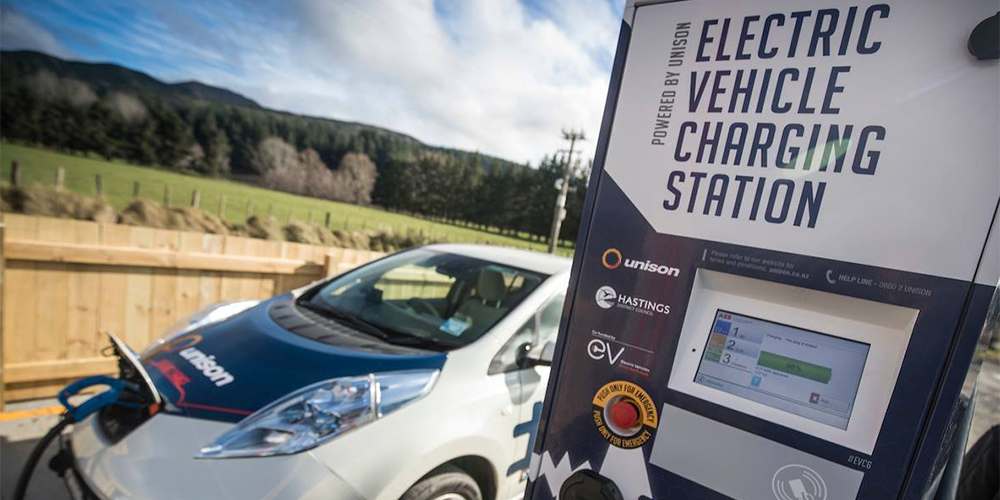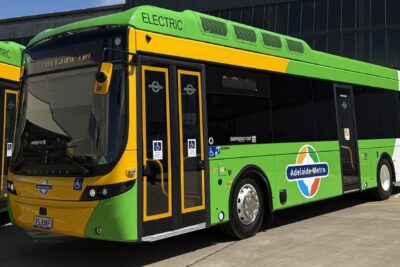NZ extends EV road charges exemptions
In New Zealand, Transport Minister Michael Wood has extended the exemption on Road User Charges (RUC) for electric vehicles. This saves Kiwis driving electric vehicles around $800 a year in addition to the country’s EV subsidy, the Clean Car Discount.
The exemption has been extended until 31 March 2024 as part of the New Zealand Government’s Clean Car Package. “The Clean Car Discount is also helping with the upfront cost of getting an electric vehicle, with Kiwis getting up to $8,625 back in the hand,” explains Minister Wood.
The Minister went on to explain the continuing success of the current government’s transport transition policies, claiming that there are now over five times the number of electric vehicles registered on New Zealand roads since Prime Minister Jacinda Ardern came to office in 2017.
“We’re doing the work to make sure Kiwis can have confidence to make the switch by giving the Low Emission Transport Fund nearly four times the funding by 2023 to continue to grow the nationwide EV charging network. Electric vehicle chargers are already available every 75km along most state highways,” Minister Wood revealed. By comparison, in the UK, the government assures its drivers that “Currently, a driver is never more than 25 miles (40 kilometres) away from a rapid (50 kilowatt) chargepoint anywhere along England’s motorways and major A roads,” and that is not including curbside EV chargers and other AC charge points.
In 2016, the New Zealand Cabinet agreed the exemption would remain until electric cars reached two per cent of cars on the road. Currently, electric cars in New Zealand only comprise around 0.7 per cent of the total number of cars on the road. In May 2021, electric vehicles represented 2.68% of all light vehicles entering New Zealand. The Ministry of Transport estimates that electric cars will not comprise two per cent of the total number of cars on the road until around 2024 or 2025.
In comparison, only the very slowest EU country is tardier at taking up electric mobility than New Zealand (Cyprus at 0.47 per cent), according to recent figures published by the motoring association ACEA. More wealthy EU nations such as Germany and France show electric car sales at between 10-15 % and Sweden and the Netherlands at between 20 -30%. This and other studies, such as in the USA, however, show that charging infrastructure is also far more of a challenge with less densely populated areas such as New Zealand or Australia, where distances are longer for the number of people contributing income to pay for charging infrastructure. For this reason, road user charges have been contentious in New Zealand’s neighbouring country Australia.





1 Comment